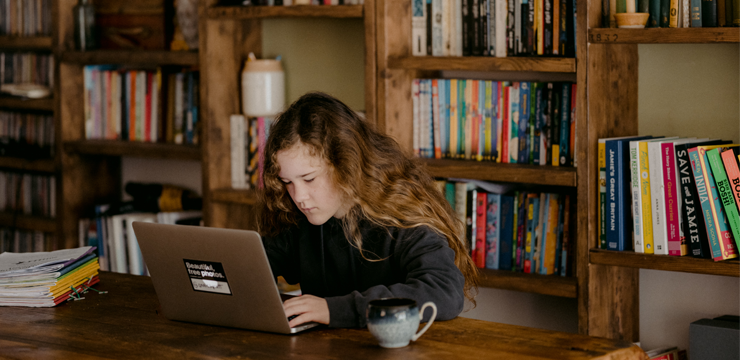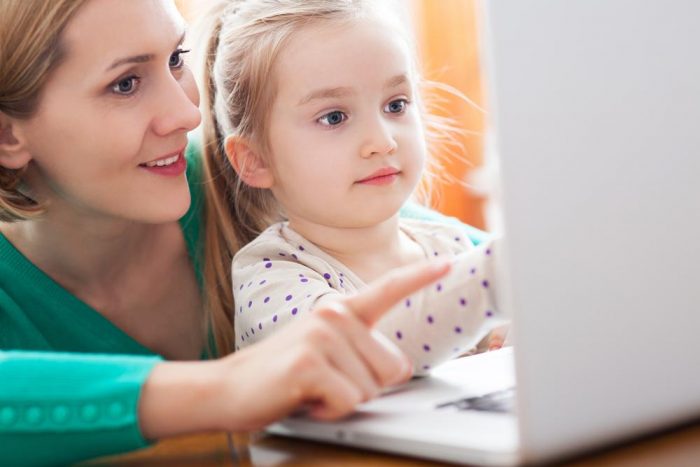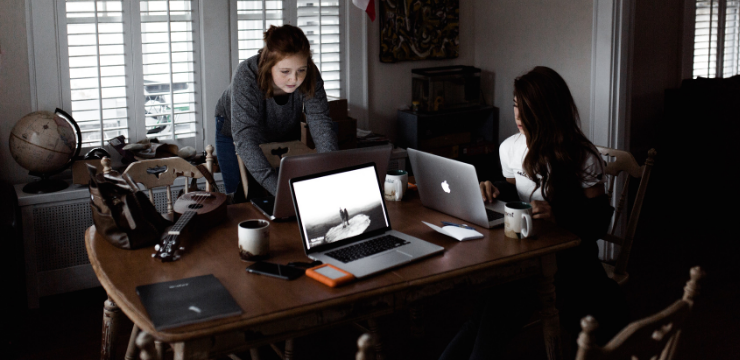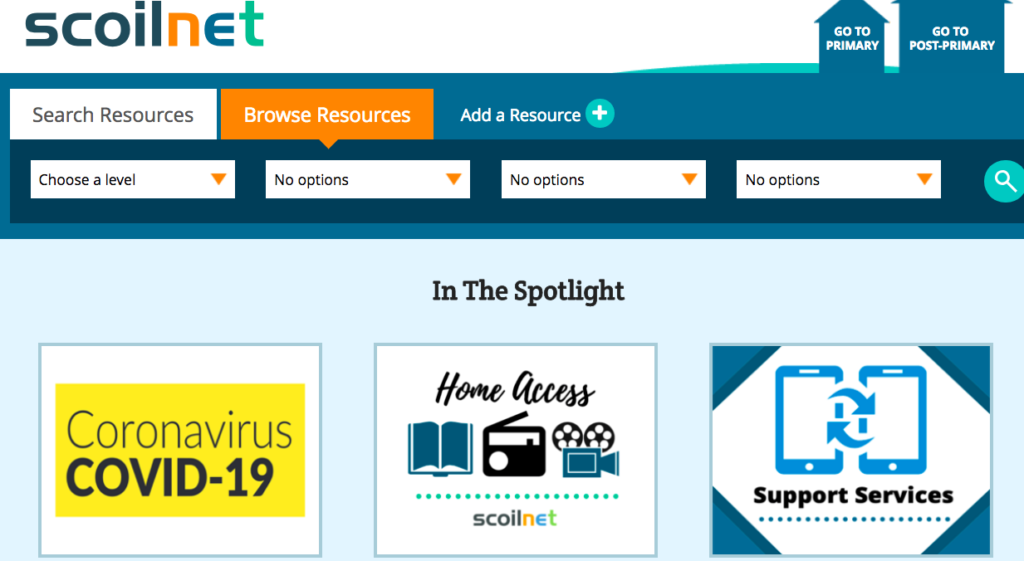Distance learning safety advice and considerations

With learning and education going online, here is a reminder of some key considerations – now more important than ever – that schools should factor into their plans to ensure a safe learning experience for students and teachers. Along with technical considerations, safeguarding children should form a part of the planning stages of any changes/updates to learning environments.
General considerations
School Policy
School leaders and teachers should re-familiarise themselves with their AUP. Updates may need to be made if you are using new learning environments or additional tools to facilitate distance learning. It is a good time to remind staff, parents and students of the AUP any updates.
For more information on updating your AUP, should you need to, go to: webwise.ie/aup-2/
Child safeguarding
Teachers should re-familiarise themselves with child safeguarding policies and statements and follow best-practice.
Privacy
Familiarise yourself with the privacy settings and policy of any new online services. Teachers should also be mindful of their own privacy and boundaries. For example, it is best to avoid giving personal details, personal email or contact numbers. Use school email and school-approved communication services.
Age
It is important to consider the age of the students before introducing new technology or apps for learning. Check age requirements and appropriateness of the platform.
Reminder
Under GDPR – The Digital Age of Consent is 16 years old in Ireland and is designed to protect personal information of children. If new services or platforms are being introduced and students are required to sign-up for that service, use school emails and check that the service is GDPR Compliant.
Personal Data
Be mindful of current data protection and collection regulations, if students are required to sign-up for services, school emails should be used.
For more information, visit: dataprotectionschools.ie/en/
Social media
Social media has an important role to play during these uncertain times, it is a great way for families to stay in touch and for communities to connect. Communication between schools, teachers and students must be professional and adhere to current policies (for example; AUP, social media policies, etc.) that are in place. Before using a communication tool, check your school policy, age restrictions, terms of service and appropriateness of service.
It is a good time for educators to re-familiarise themselves with the teaching Council Code of Conduct: teachingcouncil.ie/Code-of-Professional-Conduct-for-Teachers
Professional Conduct
3.7 ensure that any communication with pupils/ students, colleagues, parents, school management and others is appropriate, including communication via electronic media, such as e-mail, texting and social networking sites.
Communicating Online
Expectations
As students may be engaging in more online activity and using new services, the need to set clear expectations about respectful online behaviour will be even greater than usual. Ensure students are familiar with codes of behaviour, the anti-bullying policy and it is also a good idea to set some general rules if engaging in conferencing communication with students.
Live Video
While live streaming is a great way to communicate, there are lots of things to consider and to manage to ensure a safe, productive learning experience.
Consider the terms of service, age requirements and the functions of the service – for example is there a chat option and can this be moderated?
Familiarise yourself with the functions of the service, most good services allow hosts to manage the permissions of participants for example; disabling user audio and video cameras. Be aware of the privacy settings, who can see the content, who can comment, most services allow you to adjust privacy settings.
Tip: If using conferencing/videos services we recommend using a service that allows teachers to disable student audio and video.
Healthy Balance
If using technology to engage in distance learning, ensure a healthy balance of online and offline activities for students. There are lots of great opportunities for students to learn on and offline!
Teaching resources and tips
Distance Learning Resources
There are some excellent resources available for teachers, schools, and parents for distance learning, and for continuing support, advice, and information on internet safety.
webwise.ie/trending/distance-learning-resources/
Teaching Council Webinar Series
Learning for All – A live webinar series, starting Tuesday, 31 March, from the Teaching Council and Professional Development Service for Teachers (PDST) to help support learning from home in these changing times.
teachingcouncil.ie/Learning-for-All-Webinar-Series/
Top Tips for teachers
- Only use school authorised platforms and services
- Model good behaviour online
- Set clear expectations for students when engaging in online learning
- Ensure students are made aware of what they can do if they encounter something inappropriate or upsetting online
Supporting Parents

As children spend more time at home and online it is important to promote safe, responsible engagement with the online world. Webwise have developed a short advice article on simple steps parents can take at this time: webwise.ie/parents/covid19-online-safety-advice-for-parents/
Learning at home
The National Parents Council offer courses for parents supporting learning at home: npc.ie/training-and-resources.







